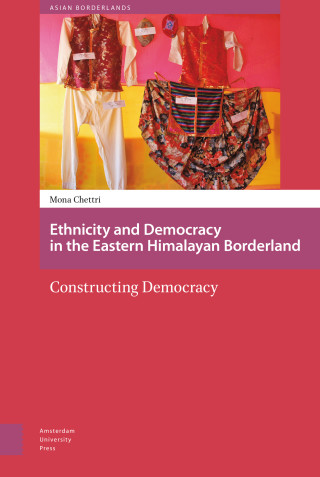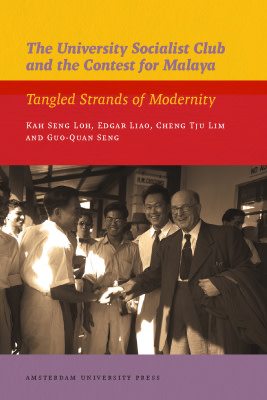'This is an immensely compelling, informative and skillfully written account, informed by recent research, on the role of a formidable student movement in colonial Malaya and Singapore during the Cold War era and its active engagement in liberal democratic principles, the socialist ideology and the making of a new nation.' -- Dr Cheah Boon Kheng, (retired) professor of history at Universiti Sains Malaysia
'This study captures a brief Malayan moment in the history of Singapore and throws light on why the moment did not last. It is a strong example of alternative history in which losers’ stories are not only told but also help to correct official accounts. Remarkably, it also shows how historians juggle with memories of pain and regret as they try not to make new myths.' -- Wang Gungwu, East Asian Institute, National University of Singapore
'For those who value alternative histories of Singapore above and beyond the usual narratives of success and progress, this book delivers more than it promises' -- Syed Muhd Khairudin Aljunied, National University of Singapore
'This book is imperative reading for all wishing to have any understanding of the leftist politics in Singapore and Malaysia in the 1950s and 1960s and their relevance for politics today' -- Johan Saravanamuttu, Institute of Southeast Asian Studies
'For those who value alternative histories of Singapore above and beyond the usual narratives of success and progress, this book delivers more than it promises.' -- Syed Muhd Khairudin Aljunied, National University of Singapore

